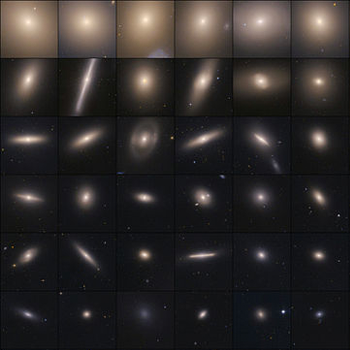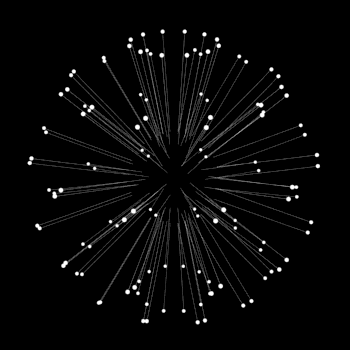How do you evaluate #0.028\times ( 3.4\times 10^ { 4} )#?
3 Answers
ANSWER; 952
Use BEDMAS; brackets, exponents, division/multiplication, addition/subtraction. (All in order)
Explanation:
-Begin with the brackets. Within the brackets, there is an exponent. Evaluate. It should give 10,000.
-Then multiply this number by 3.4 because it's in the brackets. You should get 34,000.
-Finish by multiplying this by 0.028. You should get 952
If the decimals are giving you a problem use the type of approach demonstrated.
Explanation:
Lets get rid of the decimals for now and then put them back at the end
So
~~~~~~~~~~~~~~~~~~~~~~~~~~~~~~~~~~~~~~~
Choosing to put this into the same format as in part of the question
Answer is
Explanation:
First off, lets start with finding the value inside the brackets.
However, if you are not familiar with scientific equation, you can first look at
Now that you have that part, we can continue looking inside the brackets. Giving us
So, really we are looking at
So



